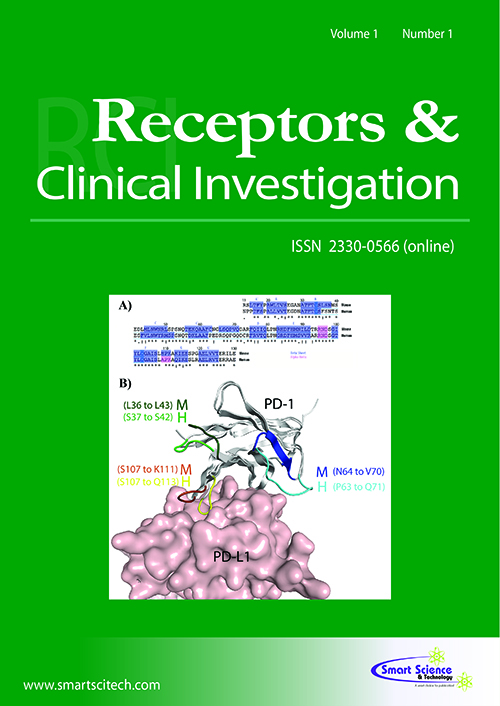Prostate Cancer Metastatic to Bone has Higher Expression of the Calcium-Sensing Receptor (CaSR) than Primary Prostate Cancer
Abstract
The calcium-sensing receptor (CaSR) is the principal regulator of the secretion of parathyroid hormone and plays key roles in extracellular calcium (Ca2+o) homeostasis. It is also thought to participate in the development of cancer, especially bony metastases of breast and prostate cancer. However, the expression of CaSR has not been systematically analyzed in prostate cancer from patients with or without bony metastases. By comparing human prostate cancer tissue sections in microarrays, we found that the CaSR was expressed in both normal prostate and primary prostate cancer as assessed by immunohistochemistry (IHC). We used two methods to analyze the expression level of CaSR. One was the pathological score read by a pathologist, the other was the positivity% obtained from the Aperio positive pixel count algorithm. Both of the methods gave consistent results. Metastatic prostate cancer tissue obtained from bone had higher CaSR expression than primary prostate cancer (P <0.05). The expression of CaSR in primary prostate cancers of patients with metastases to tissues other than bone was not different from that in primary prostate cancer of patients with or without bony metastases (P >0.05). The expression of CaSR in cancer tissue was not associated with the stage or status of differentiation of the cancer. These results suggest that CaSR may have a role in promoting bony metastasis of prostate cancer, hence raising the possibility of reducing the risk of such metastases with CaSR-based therapeutics.











